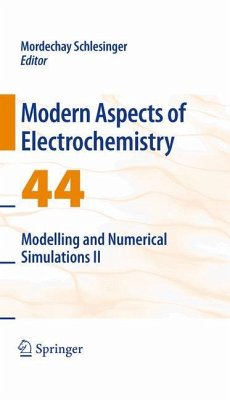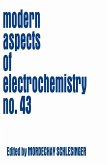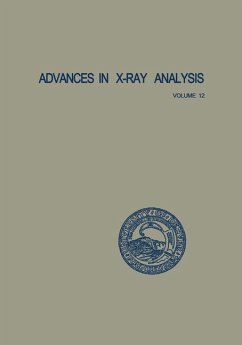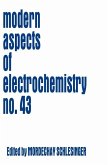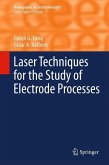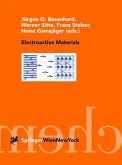This volume is an introductory resource aimed at practitioners of electrochemistry research mainly at the atomic, molecular or macromolecular levels. The material covered provides understanding of electrochemical phenomena and materials at the nanoscale.
The present volume is the second in a two-volume set dealing with modelling and numerical simulations in electrochemistry. Emphasis is placed on the aspect of nanoelectrochemical issues. It seems appropriate at this juncture to mention the n- growing body of opinion in some circles that George Box was right when he stated, three decades ago, that "All models are wrong, but some are useful". Actually, when the statement itself was made it would have been more appropriate to say that "All models are inaccurate but most are useful nonetheless". At present, however, the statement, as it was made, is far more appropriate and closer to the facts than ever before. Currently, we are in the midst of the age of massively abundant data. Today's philosophy seems to be that we do not need to know why one piece of information is better than another except through the statistics of incoming and outgoing links between information and this is good enough. It is why, both in principle and in practice, one can translate between two languages, without knowledge of either. While none of this can be ignored, and it may even be true that "All models are wrong and increasingly you can succeed without them" the traditional approach of scienti?c modelling is still the order of the day. That approach may be stated as hypothesize - measure - model - test. It is in this light that the present volume should be viewed.
The present volume is the second in a two-volume set dealing with modelling and numerical simulations in electrochemistry. Emphasis is placed on the aspect of nanoelectrochemical issues. It seems appropriate at this juncture to mention the n- growing body of opinion in some circles that George Box was right when he stated, three decades ago, that "All models are wrong, but some are useful". Actually, when the statement itself was made it would have been more appropriate to say that "All models are inaccurate but most are useful nonetheless". At present, however, the statement, as it was made, is far more appropriate and closer to the facts than ever before. Currently, we are in the midst of the age of massively abundant data. Today's philosophy seems to be that we do not need to know why one piece of information is better than another except through the statistics of incoming and outgoing links between information and this is good enough. It is why, both in principle and in practice, one can translate between two languages, without knowledge of either. While none of this can be ignored, and it may even be true that "All models are wrong and increasingly you can succeed without them" the traditional approach of scienti?c modelling is still the order of the day. That approach may be stated as hypothesize - measure - model - test. It is in this light that the present volume should be viewed.
From the reviews:
"The present book is divided into ten chapters and continues with the high standard, the first part (Modern Aspects of Electrochemistry 43 Modelling and Simulations) already set. ... the present book 'Modern Aspects of Electrochemistry 44 Modelling and Numerical Simulations II' edited by Mordechay Schlesinger continues the high and valuable standard of the series. It is surely worth to become part of the library of researchers and interested professionals in the field of electrochemical modelling and its application on various problems." (T. Eichler, Materials and Corrosion, Vol. 62 (9), 2011)
"The present book is divided into ten chapters and continues with the high standard, the first part (Modern Aspects of Electrochemistry 43 Modelling and Simulations) already set. ... the present book 'Modern Aspects of Electrochemistry 44 Modelling and Numerical Simulations II' edited by Mordechay Schlesinger continues the high and valuable standard of the series. It is surely worth to become part of the library of researchers and interested professionals in the field of electrochemical modelling and its application on various problems." (T. Eichler, Materials and Corrosion, Vol. 62 (9), 2011)

